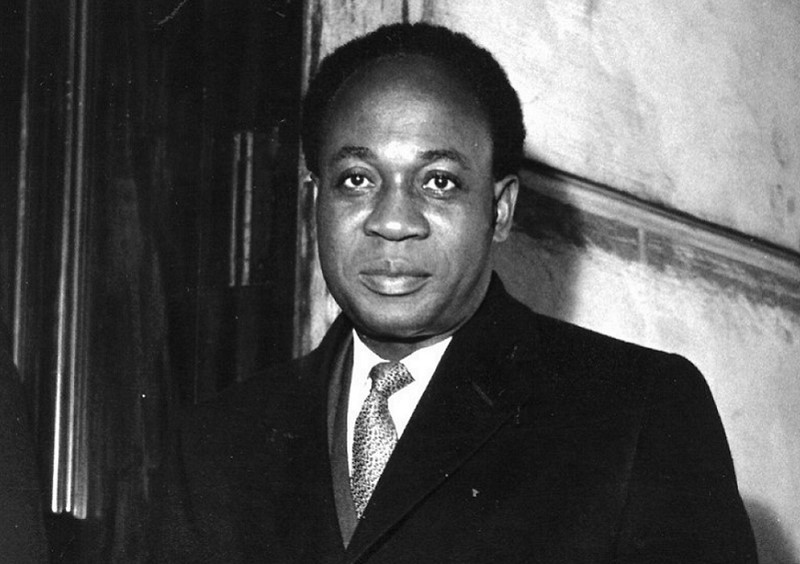|
Getting your Trinity Audio player ready...
|
– by Kojo Yankah (Facebook Post )
With due respect to President Nana Akufo Addo, may l share a little research l have studied on Ghana’s independence: Dr JB Danquah and Dr Ako Adjei whom l had the privilege to interview when l was publisher of the Uhuru Magazine, met Kwame Nkrumah for the first time in the United Kingdom. Nkrumah had arrived in London after a long period of studying and engaging in Pan African activities in the United States of America.
Kwame Nkrumah had also met WEB Du Bois who invited him (and Jomo Kenyatta) to be Secretary at the Manchester 1945 Congress. Lawyer and Scholar JB Danquah and Ako Adjei were both at the conference and could not help but notice this ‘dynamic, radical, knowledgeable’ Kwame Nkrumah who was very active at the conference. Back home to the UGCC which was agitating for independence, JB Danquah and Adjei had challenges with organizing the masses. They decided on inviting Kwame Nkrumah to be General Secretary. After a few months, differences began to show. While Nkrumah thought the pace was too slow and elitist, the rest of the UGCC leaders saw Nkrumah as too ambitious. Nkrumah quit the UGCC (some say he was sacked) and went to Saltpond to found a youth organization which spearheaded the mobilization of what came to be known as the ‘verandah boys’, the ground base of the CPP.
Of course, while Ako Adjei and others later went along with Kwame Nkrumah, a few like JB Danquah were not happy. The colonial administration, noting that Kwame Nkrumah and his party were winning majority seats in all regions of the country in the 1951 and 1954 elections, had no choice but to start negotiating with Nkrumah for Ghana’s independence. Letters and actions opposing Nkrumah’s path to independence are available to verify. Nkrumah was in no mood to negotiate with Ghanaians who were NOT READY for independence; and he started implementing some of his plans for Ghana when he was made Prime Minister and Leader of Government Business. By 1956, the British were confident that Nkrumah had the backing of majority Ghanaians and therefore dealt with him till independence.
Not every Ghanaian loved Kwame Nkrumah, but History is on the side of Kwame Nkrumah as the Founding Father and Osagyefo of Ghana.
Like in many other countries, many many traditional leaders and individuals had played various roles fighting colonialism, and in the Gold Coast opposing colonial rule ; and they deserve to be recognized and the specific role they played recorded for national education and posterity, but certainly Kwame Nkrumah is in a class of his own. There are a number of politicians from UGCC who later joined Kwame Nkrumah. I understand how bitter JB Danquah and those who became victims of the Preventive Detention Act would feel, but for national cohesion, let us, like President Kufuor of the UP tradition learn to accept Reconciliation as the only path.
Send your stories to Email: myghanadaily@gmail.com • WhatsApp: +233 577 145 140
Send your news stories to
Email: myghanadaily@gmail.com •
WhatsApp: +233 577 145 140


